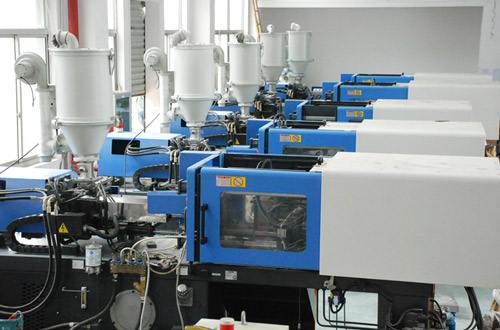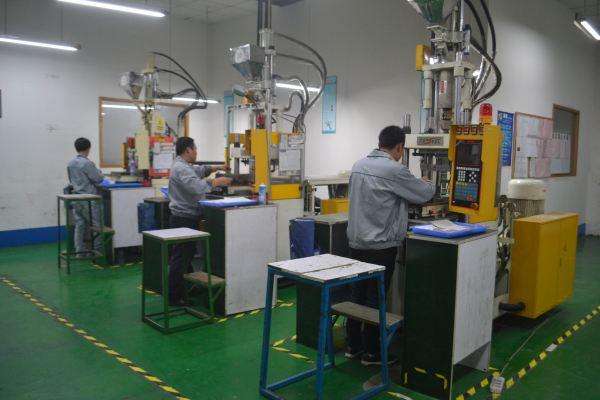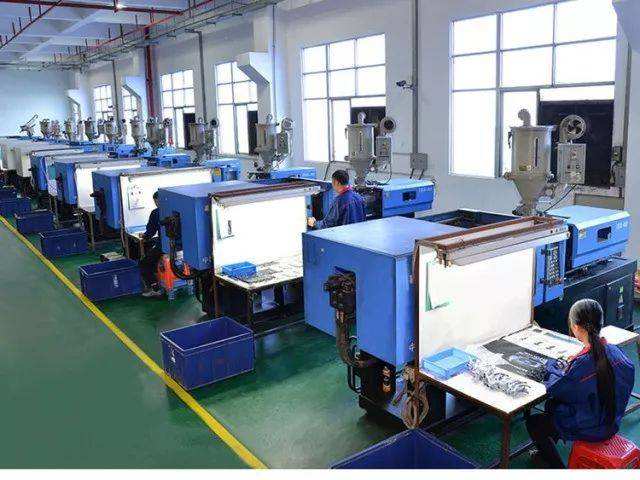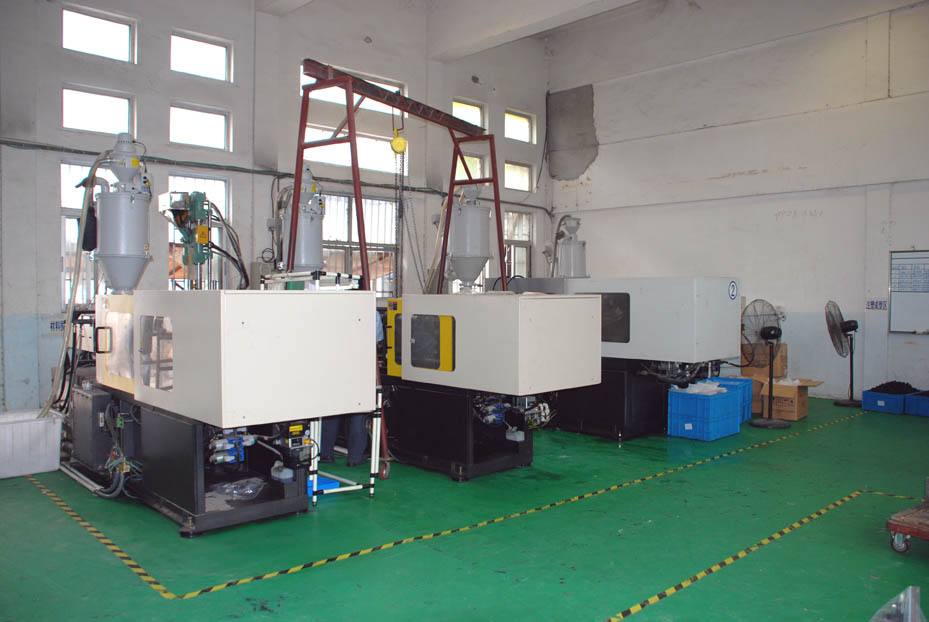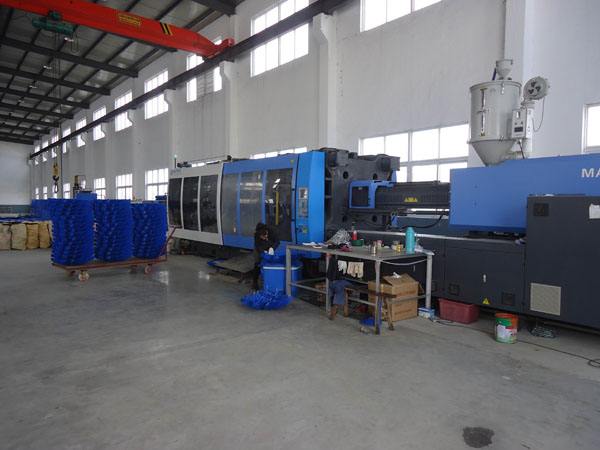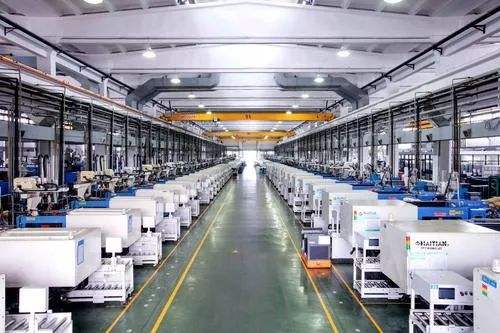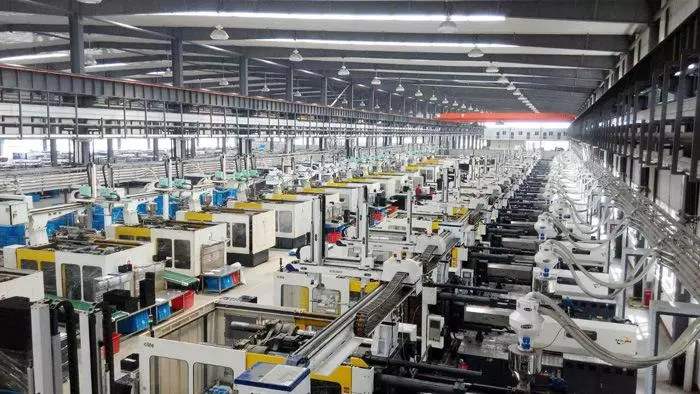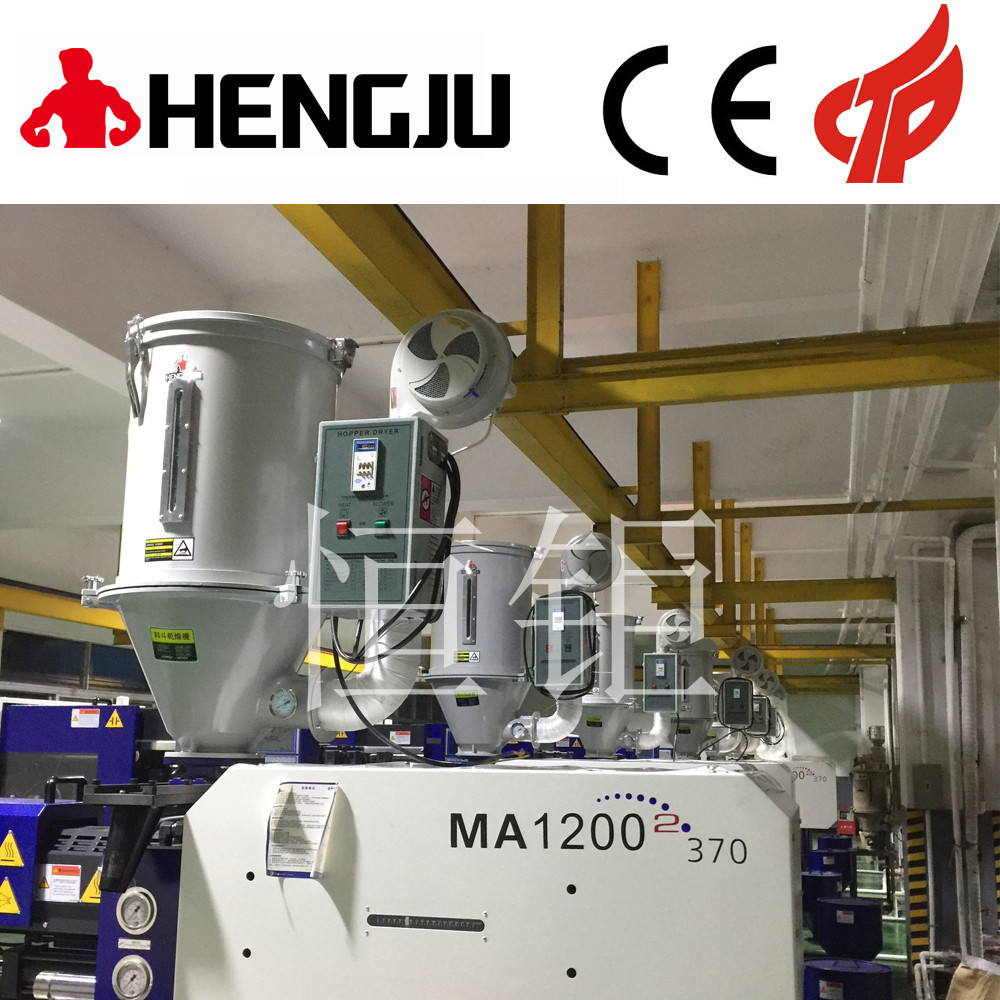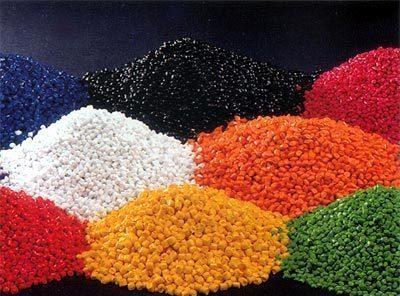| TPU Details description |
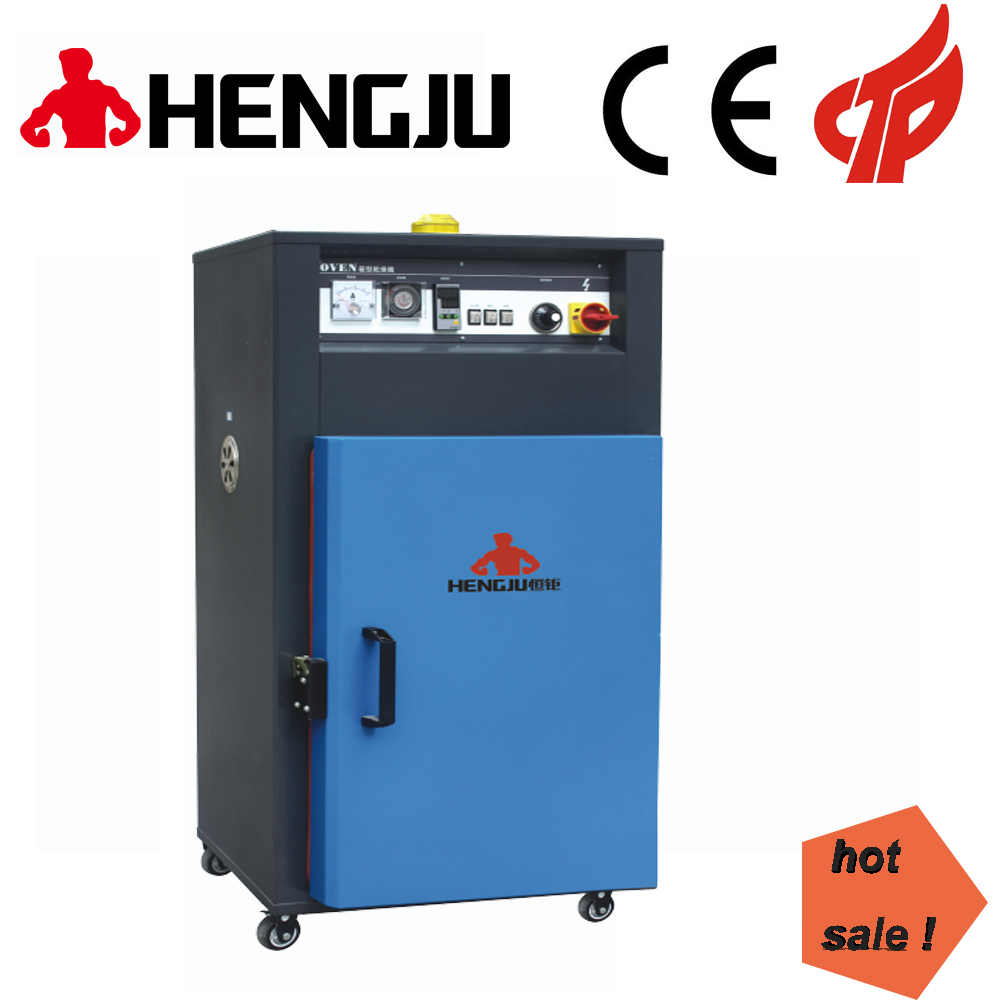 |
| product name:TPU pellet dryer |
| release time:2020-10-17 |
| Numbering:TPU pellets dryer-001 |
| Brand:wto-btb |
| Price:¥By function |
| weight :By function |
| unit weight:Kg/set |
manufacturer:wto-btb |
| patent:wto-btb |
| Producing country:china |
| simple description:TPU Dehumidifying dryer |
| Product alias:TPU Dehumidifying dryer,TPU pellet dryer |
|
| TPU Product introduction |
|
TPU pellets dryer parameter
TPU Dehumidifying dryer
|
Plastic
material |
Dryer |
Density
(kg/dm3) |
Drying time(h) |
Drying temperature
(℃) |
Atmospheric flow(m3/kg) |
Moulding moisture content(%) |
Initial moisture contnt(%) |
| ABS |
√ |
0.55 |
2-3 |
85 |
2 |
<0.020 |
< 0.2 |
| CAB |
√ |
0.60 |
2-3 |
70 |
2 |
<0.020 |
< 0.6 |
| EVA(2) |
√ |
0.60 |
2-3 |
90-105 |
1.8 |
- |
- |
| EVOH |
√ |
0.60 |
2-3 |
90-105 |
2 |
- |
- |
| LM(4) |
√ |
0.50 |
3 |
600 |
2 |
<0.080 |
<0.2 |
| LCP |
√ |
0.80 |
3-4 |
150 |
2.2 |
< 0.01 |
<0.05 |
| PA11 |
√ |
0.60 |
3-5 |
70-80 |
2 |
- |
0.6-1.2* |
| PA6.46.6 |
√ |
0.60 |
4-6 |
70-80 |
2 |
0.15-0.02* |
0.6-1.2* |
| PAI |
√ |
0.85 |
6-8 |
180 |
2 |
<0.02 |
- |
| PAR |
√ |
0.70 |
5-6 |
120 |
2 |
<0.02 |
- |
| PBT |
√ |
0.80 |
3-4 |
130-140 |
2.2 |
<0.02 |
< 0.15 |
| PC |
√ |
0.65 |
2-3 |
120 |
2 |
< 0.02 |
< 0.3 |
| PC/ABS |
√ |
0.65 |
42798 |
100 |
2 |
< 0.020 |
<0.1 |
| PC/PBT |
√ |
0.75 |
3-4 |
110 |
2.2 |
- |
- |
PE.HDEPE.
LDPE black3% |
√ |
0.50 |
1 |
85 |
1.6 |
<0.01 |
<0.02 |
PE.HDEPE.
LDPE black40% |
√ |
0.70 |
2-3 |
80-90 |
2 |
<0.02 |
<0.2 |
| PEEK |
√ |
0.80 |
3-4 |
150-160 |
2.2 |
<0.05 |
<00.1 |
| PE(1)(3) |
√ |
0.75 |
4-5 |
140-160 |
2.5 |
<0.01 |
<0.2 |
| PEN(1)(3) |
√ |
0.86 |
5-6 |
150-170 |
3 |
<0.005 |
- |
| PES |
√ |
0.80 |
3-4 |
150-180 |
2 |
<0.05 |
0.35 |
| PET |
√ |
0.84 |
5-6 |
160-180 |
3 |
<0.003 |
< 0.2 |
| PETG |
√ |
0.74 |
4-5 |
65 |
3.5 |
<0.01 |
<0.1 |
| PI |
√ |
0.70 |
2-3 |
120 |
2.2 |
<0.02 |
- |
| PMMA- |
√ |
0.65 |
3-4 |
80 |
3 |
< 0.02 |
<0.3 |
| POM |
√ |
0.85 |
2-3 |
90-100 |
2 |
- |
<0.15 |
| PP |
√ |
0.50 |
1 |
80-90 |
2 |
- |
- |
| PPO |
√ |
0.55 |
2 |
100-110 |
2 |
<0.01 |
- |
| PPS |
√ |
0.80 |
2-3 |
130-140 |
2 |
<0.01 |
<0.03 |
PS
[GPPS.EPS.HIPS] |
√ |
0.55 |
1 |
80 |
1.7 |
<0.02 |
<0.05 |
| PSU |
√ |
0.80 |
3-4 |
120-130 |
2 |
<0.05 |
<0.1 |
| PIT |
√ |
0.80 |
5-6 |
130-150 |
3 |
<0.05 |
<0.2 |
| PUR |
√ |
0.75 |
2-3 |
70-90 |
2 |
<0.02 |
- |
| PVC |
√ |
0.85 |
1 |
70-80 |
1.4 |
<0.02 |
- |
| SAN |
√ |
0.55 |
2-3 |
80 |
2 |
<0.02 |
<0.1 |
| SB |
√ |
0.60 |
1-2 |
80 |
2 |
<0.02 |
- |
| TPE |
√ |
0.65 |
2-3 |
110 |
2.2 |
<0.05 |
<0.3 |
| TPE |
√ |
0.65 |
2-3 |
80 |
2.2 |
< 0.1 |
- |
| TPO |
√ |
0.55 |
3 |
70-90 |
2 |
- |
- |
| TPU |
√ |
0.75 |
2-3 |
70-100 |
2 |
< 0.02 |
- |
|
Model |
Capacity(kg) |
Heater(kw) |
Blower(w) |
Overall Dimensions(cm) |
Model suitable |
Weight(kg) |
|
MHD-12E |
12 |
1.8 |
50 |
65X40X85 |
1oz |
25 |
|
MHD-25E |
25 |
3 |
90 |
75X50X105 |
3oz |
35 |
|
MHD-50E |
50 |
3.9 |
100 |
90X55X120 |
5-8oz |
45 |
|
MHD-75E |
75 |
3.9 |
100 |
95X60X130 |
8-10oz |
50 |
|
MHD-100E |
100 |
6 |
250 |
100X70X140 |
10-20oz |
70 |
|
MHD-150E |
150 |
6 |
350 |
110X75X160 |
15-20oz |
80 |
|
MHD-200E |
200 |
12 |
350 |
120X85X170 |
20-30oz |
120 |
|
MHD-300E |
3300 |
15 |
350 |
145X100X185 |
25-30oz |
120 |
|
MHD-400E |
400 |
18 |
550 |
150X105X200 |
30-40oz |
230 |
|
MHD-500E |
500 |
21 |
750 |
150X105X210 |
40-50oz |
250 |
|
MHD-600E |
600 |
21 |
750 |
150X105X220 |
40-50oz |
250 |
|
MHD-800E |
800 |
27 |
750 |
150X110X240 |
50-60oz |
300 |
|
MHD-1000E |
1000 |
30 |
1100 |
185X135X270 |
60oz以上 |
400 |
|
MHD-2000E |
2000 |
60 |
5500 |
1480X1800X3600 |
60oz以上 |
780 |
|
MHD-3000E |
3000 |
64 |
7500 |
1600X2010X4050 |
60oz |
1150 |
Product alias:TPU material mixture dryer,TPU pellet polymer dryer |
TPU pellet dryer Equipment principle
TPU pellet dryer TPU Dehumidifying dryer This is a mechanical equipment used for automatic dehumidification and intelligent drying of TPU material, TPU material mixture, TPU polymer and several material mixtures;
TPU material is a plastic (resin) material. Because most TPU engineering plastics are hygroscopic, coupled with the influence of weather and regional climate, it is easy for the plastic particles to become too wet to achieve the molding effect. In addition, in the previous granulation process, the plastic raw materials are different, so the moisture content and hygroscopicity are also different. Therefore, during the molding process, bubbles, silver bars, poor transparency, cracks and poor stability may occur, which seriously affect the quality of the product. The air duct of the TPU desiccant dryer adopts a closed circulation system, which is not affected by the external weather. It can dry materials well in dry weather or wet weather without reversing moisture, and has high product molding quality.
The TPU dryer first inhales the air in the environment to remove the moisture in the low dew point air, and then heats the dry air into one or more standard drying hoppers, thereby improving the drying efficiency and shortening the drying time. If the traditional hot air blower uses the moisture in the outside air to dry the material, it is difficult to achieve the drying effect. In addition, after the plastic or polymer is taken out of the moisture-proof sealed packaging bag and exposed to the atmosphere, it will begin to absorb moisture from the atmosphere. The traditional hot air blower cannot prevent the plastic from continuing to absorb moisture, and the drying effect is poor.
The use of TPU material dryer can be divided into independent type and centralized type.
An independent TPU dryer usually includes a dryer host, a drying barrel and a suction machine. The stand-alone dehumidification dryer is suitable for a small amount of various drying, and its advantages are high drying efficiency and convenient and quick material change.
The centralized TPU dryer includes a drying host and several drying barrels.
Each drying barrel has an independent heating controller, which can dry several different raw materials at the same time, and cooperates with the air volume control valve to control the air volume of each drying barrel, which is suitable for mass production of plastics.
The working principle of this basic solution is: pour the cleaned and crushed plastic into the feeding box, start the motor, and the motor drives the first fan to rotate. When the first fan rotates, a large amount of airflow is generated, and the airflow gradually removes all plastic Blow into the spiral tube. Open the valve, the dry powder falls into the spiral tube, the airflow will blow the dry powder and the plastic at the same time, when the absorbent powder comes in contact with the water on the plastic, it will absorb the moisture. The output end of the motor can also drive the first gear to rotate, the first gear drives the second gear to rotate, the second gear drives the gear shaft and the worm on the gear shaft to rotate, the worm drives the worm wheel to rotate, and the worm wheel drives the rotating ring to rotate. When the plastic passes through the rotating ring with elastic strips, the elastic strips in the rotating ring will brush to the plastic and make the plastic rotate to change the direction, so that every surface of the plastic can contact with the dry powder and get dried. When the plastic passes through the rotating ring with a brush, the brush can brush off the dry powder contaminated on the plastic, and separate the plastic from the dry powder.
Product alias:TPU Dehumidifying dryer |
TPU pellet dryer application
TPU Dehumidifying dryer
TPU pellet dryer This is a device used to dehumidifying plastic resin to achieve drying. For example,
POM,ABS,TPE,PAL,ABS,CAB,EVA(2),EVOH,LM(4),LCP,PA11,PA6.46.6,PAI,PAR,PBT,
PC,PC/ABS,PC/PBT,PE.HDEPE,LDPE black3%,PE.HDEPE.LDPE black40%,PEEK,PE(1),
PEN,PES,PET,PETG,PI,PMMA,POM,PP,PPO,PPS,PS,[GPPS.EPS.HIPS],PSU,PIT,PUR,
PVC,SAN,SB,TPE,TPE,TPO,TPU,
TPU pellets dryer and other plastic resins must be dehumidified and dried during the production process to improve the quality of the finished product.
|
TPU pellet dryer Precautions
TPU pellets dryer TPU Dehumidifying dryerMaintenance of TPU desiccant dryer:
1. Record the daily operation and maintenance of TPU desiccant dryer and establish files;
2. Regularly train operators, especially new employees;
3. Regularly maintain and maintain the single machine in the system;
4. Regularly check for leaks in conveying pipelines, especially vacuum pipelines and compressed air lines;
5. Clean the dust on the electrical parts of the equipment regularly.
Maintenance of TPU granules dryer:
1. During the drying process of the material, all parts of the equipment in contact with the material need to be cleaned and sterilized;
2. The best operating temperature range of TPU desiccant dryer is 15℃~40℃ to avoid excessively low or high temperature, which will affect the dehumidification efficiency or damage the equipment;
3. Regularly clean the central filter in the desiccant dryer, and replace it if it is damaged;
4. Clean the air filter regularly (about once every two weeks) to maintain the dehumidification and dust removal efficiency and life of the machine;
5. After cleaning the suction hopper and drying barrel, install them in place;
6. In order to improve the solubility, instant solubility, and dry products, they should be continuously discharged from the drying chamber quickly and packaged after cooling.
Doing the above maintenance work on the TPU dehumidification dryer can reduce the probability of equipment failure, reduce maintenance costs, and effectively extend the service life of the TPU pellet dryer.
Product alias:TPU dryer,TPU material mixture dryer,TPU polymer dryer |
|
|

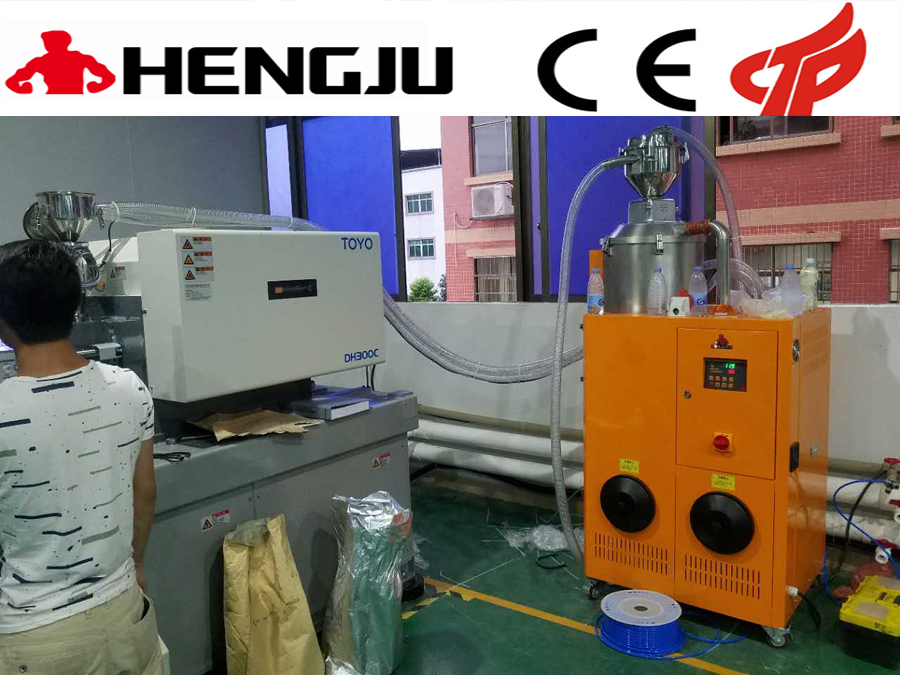
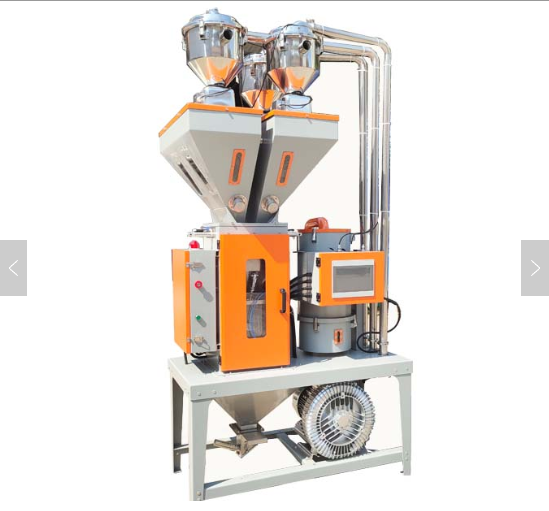
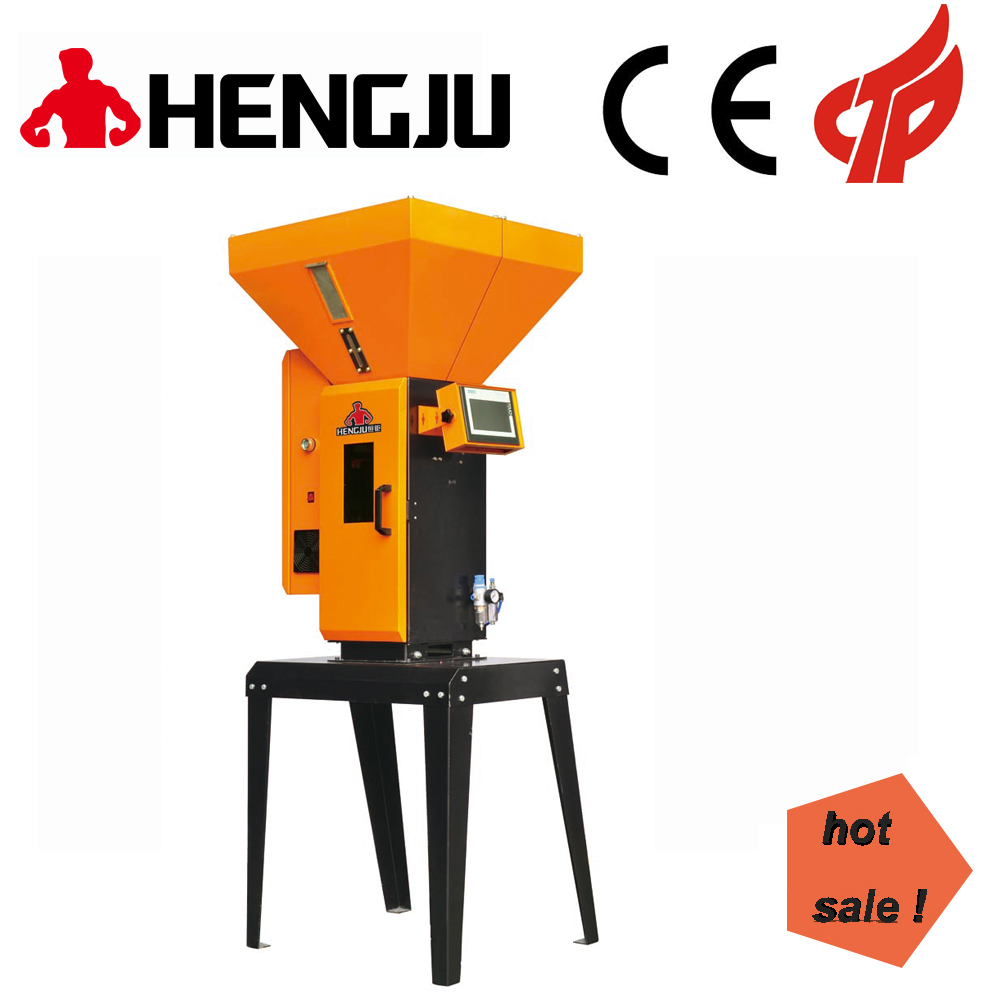
 +8613669807274
+8613669807274
 +8613669807274
+8613669807274 wto-btb@wto-btb.com
wto-btb@wto-btb.com Tel: +8613669807274
Tel: +8613669807274 SMS: +8613669807274
SMS: +8613669807274
